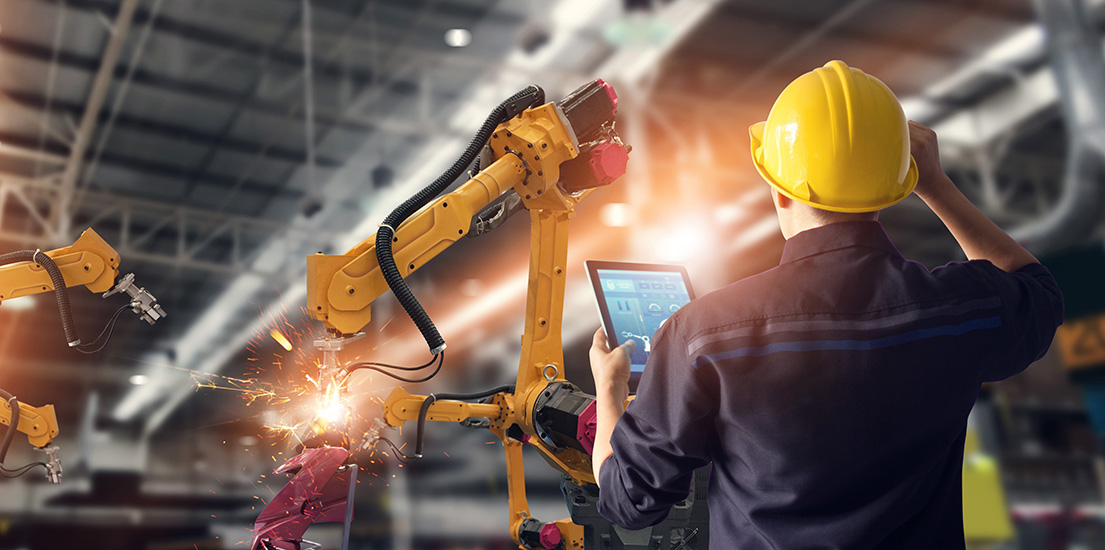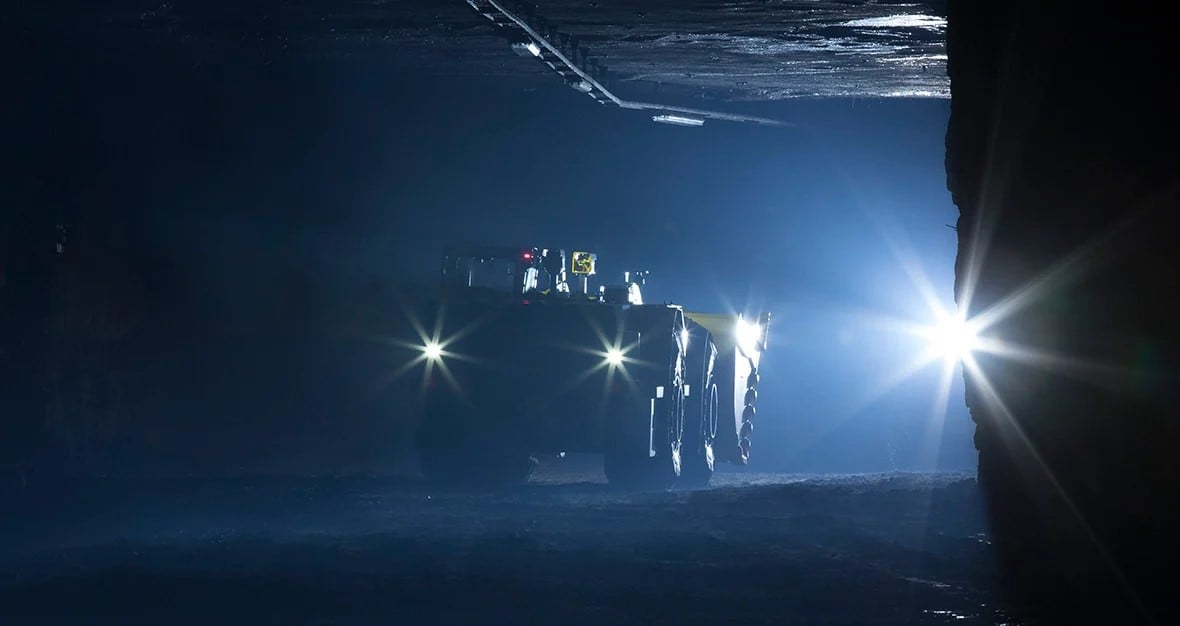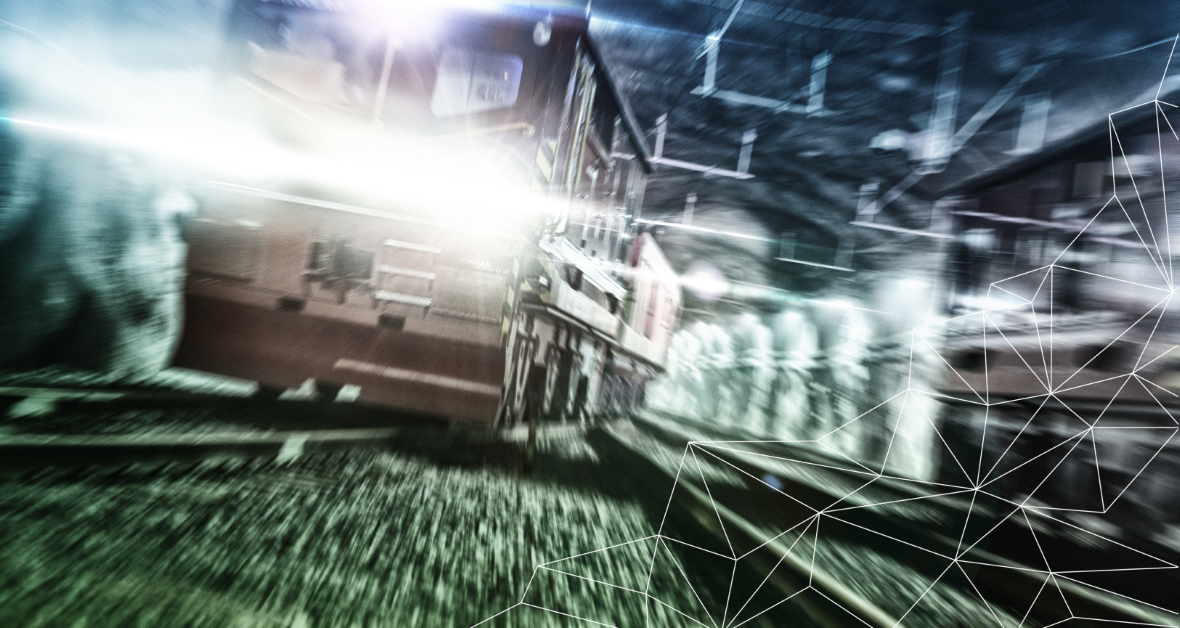Combitech helped Kalmar, a leading actor in terminal automation and energy-efficient container handling, to digitalize parts of their training solution for end users – the reach stacker drivers.
If the Reachstacker is driven correctly it minimizes wear and tear, reduces fuel consumption, improves safety and makes delivery more efficient. This creates benefits for everyone involved. There’s heavy demand for our instructors, and there’s lots of logistics and waiting time involved, since our customers are spread out around the world. That’s why we need to develop alternatives to traditional training.
Mikael Antonsson, Digital Business Manager at Kalmar.
A digitalized training solution
Kalmar analysed its business and identified a need to create new digital services. One step involves looking at their customers’ core operations, searching for ways to support their everyday activities. Combitech, which had worked with Kalmar previously, proposed a joint inspirational workshop to generate ideas together.
Kalmar explained that they had a problem finding the time to train reach stacker drivers, and that it was very costly. That started us thinking about building a simulator and using VR technology to give drivers the most realistic experience possible.
Björn Rudin, Digitalization Adviser at Combitech.
After the workshop, in the autumn of 2017, the companies agreed to test the simulator idea and build a prototype. The starting requirements were to create a solution building on accessible and cost-effective technologies that are easy to send out to customers. An agile work process was adopted for development, and less than two months later, Combitech was ready to show the first version.
This project brought together knowledge of system development with commercial technology from the gaming industry. Unity was used as the gaming engine and HTC Vive for the VR presentation. The equipment was supplemented with a steering wheel, pedals and a vehicle joystick unit from Kalmar. Combitech’s team built up a virtual harbour setting where the driver had the task of loading and unloading containers.
We used off-the-shelf computers and VR glasses, as well as a commercial gaming engine. This means that we can deliver quickly and with cost-effectiveness, which was a prerequisite for distributing the solution to Kalmar’s customers.
Björn Rudin, Digitalization Adviser at Combitech.
Great interest in the simulator
The simulator was tested live at international trade shows and the response was quite positive. Reach stacker drivers who have tried it experience it as quite realistic, and were motivated by the built-in competitive game. Kalmar sees opportunities for further development and customer adaptations.
We see a great interest for the simulator globally. Those who have tested it quickly realize the potential this equipment has for driver training. For the future, we also see additional application areas for this technology, such as internal training for our technicians, marketing demos of new concepts and solutions, and product development.
Alexander Engsund, Digital Business Developer at Kalmar.
It would be fun to make additional products and machines available in this simulator, using even more game variations. Having both realistic scenarios and a gaming aspect are important for motivating users and raising the learning tempo. We also see that there is potential for building out this solution with customer adaptations, as well as gathering and analysing data to follow up how equipment undergoes wear and tear, and to plan maintenance.
Björn Rudin, Digitalization Adviser at Combitech.
Kalmar in brief
Kalmar is an independent division of Cargotec. The company provides solutions and services for cargo handling in harbours, terminals, distribution centres and heavy industry. They are a leading supplier of terminal automation and energy-efficient container handling.
Photo: Kalmar




